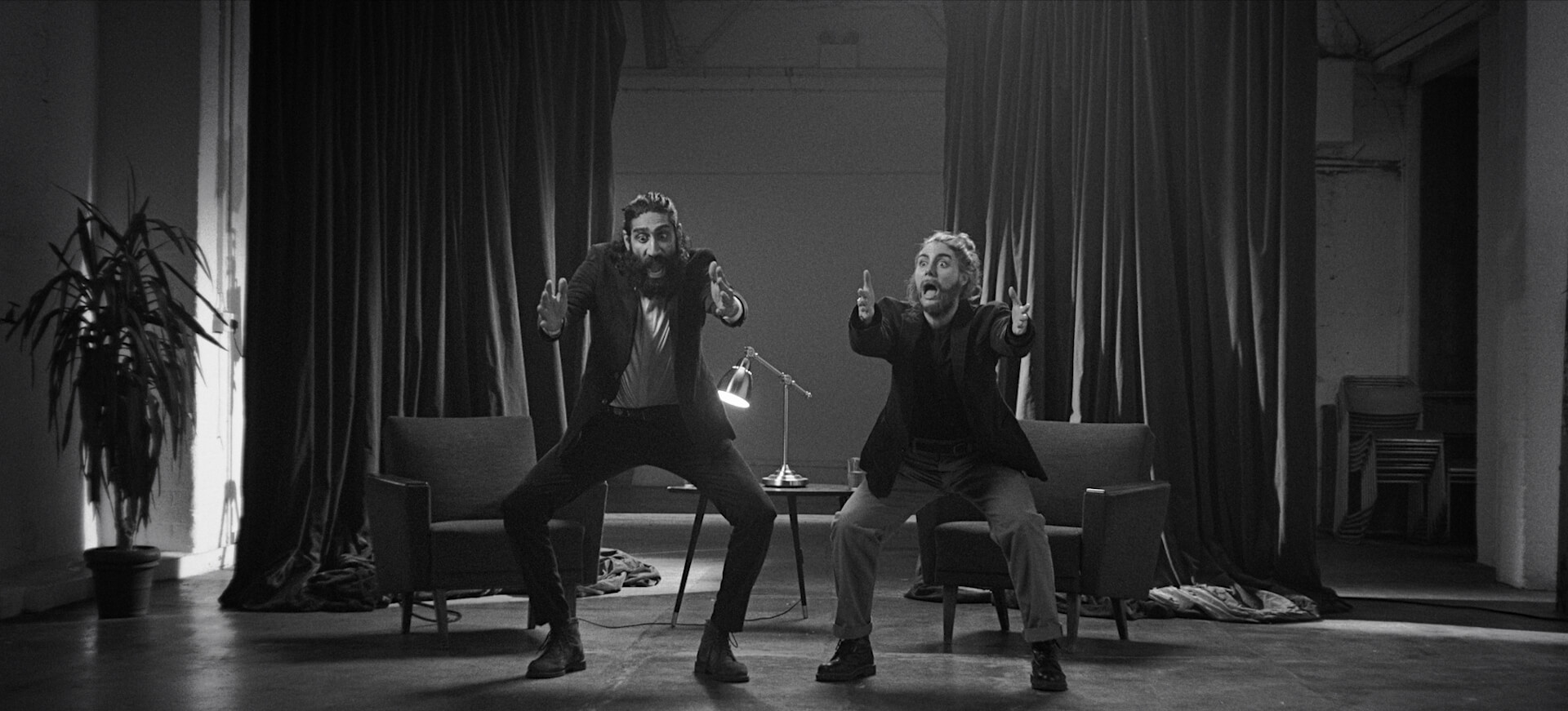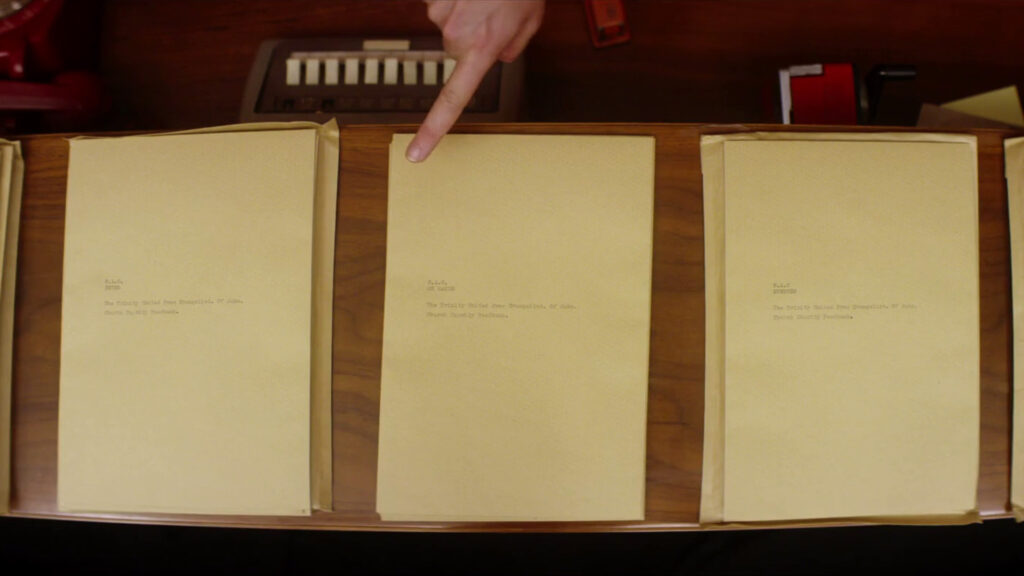- Keep it simple
- Don’t be afraid to ask for help
- Get the perfect ending before you start writing
- Keep it short and sweet
- Don’t be predictable
- Give your characters their own voice
Introduction: Why Write a Short Film?
Short films are to cinema what short stories are to literature: they are the perfect medium for exploring a story’s theme and characters in a condensed format. Short films are also an excellent way to practice your filmmaking skills, and they can even be used to test out an idea before investing in a feature film.
But how to write a good short film? Here are 6 powerful screenwriting tips from award-winning filmmakers that will help you make sure your short film delivers big.
1. Keep it simple
“Keep it simple” is the first rule to screenwriting as a whole. You have to keep in mind that your script is not only written for you, but also for others to understand. Keep the story clear and easy to follow, and don’t write anything that isn’t necessary.
The short length gives you less time to develop characters and situations, so everything must be straightforward. Here’s Michael Gamarano Singleton’s advice for engaging your audience with a 10-15 minute time constraint:

Don’t overcomplicate it, don’t throw too much information at the audience. Keep it simple – people connect to the simplest of things: love, adversity, relationships. If you’re going into back stories of this person, you don’t have enough time. Just keep it super, super simple!
Michael Gamarano Singleton
To write a good short film script, you’ll want to focus on one or two central ideas or characters that are well-developed.
Listen to Michael’s full interview →
Watch Michael’s short film “Two Sides” for free on Klipist →
2. Don’t be afraid to ask for help
No one (that we know of, at least) is immune to writer’s block, and you might already have found yourself staring at a blank page. Or you might have an idea of a story but don’t know how to turn it into a proper script. You’re not the only one, but also you’re not alone. Keep in mind that successful feature films usually had several writers working on them, and TV shows have entire writers’ rooms – yes, rooms. So don’t be afraid to speak to people around you about your idea, they might have some great input or advice to give you!
Sometimes the best ideas come from collaboration. Veronique Christie and Elaine Spires developed the story of “Only the Lonely” by combining opposite experiences of their own families:

Elaine had an auntie who was brought up in the East End [of London, UK]. My own background is that my parents were immigrants, came over to the UK, and that’s how the story developed. As the changes in the East End happened, Elaine’s auntie Winnie felt very isolated and alone as she got older. And then we brought the two stories together.
Veronique Christie
Watch Veronique’s full interview →
Watch “Only the Lonely” for free on Klipist →
3. Get the perfect ending before you start writing
The ending can make or break a script. Without a strong ending, the film will feel incomplete, so make sure your story reaches an emotionally fulfilling conclusion.
Knowing where you are going will also help you structure your narrative. Marcus Markou’s process is to start by defining the ending, then the beginning, and finally work his way in between:

I think the most underrated part of the story is the ending. Do you know your ending before you start? What I do now is, I have a very clear idea of what the ending of the story is going to be. And then, I have a very clear idea of what the beginning is going to be.
Marcus Markou
Watch Marcus’s full interview →
Watch Marcus’s short film “Two Strangers Who Meet Five Times” for free on Klipist →
4. Keep it short and sweet
Don’t lose the point of your story! Ben Hyland believes in shorter films to make a bigger impact:

“Short” short films are the kind of films I like, especially with comedy. Get in, tell a story, and get out as quickly as you can.
Ben S. Hyland
Keeping a tight focus on where you’re heading is important: start by outlining your story, then when writing your script, try to stick to a few sentences per scene at first. You can edit later, but this will help you frame the action quickly and keep the pace of your film moving at a swift pace.
Watch Ben’s full interview →
Watch Ben’s short film “Quiet Carriage” for free on Klipist →
5. Don’t be predictable
Avoid clichés: they make a story feel old and unoriginal. Instead of following the same old formats, try changing things up and writing something that no one has seen before. You can also play with established genre codes and add a twist to surprise your audience.
Looking for inspiration? Here’s a selection of short films with a great twist at the end or halfway through:










6. Give your characters their own voice
Dialogue is one of the big challenges of scriptwriting. For the audience to believe in your story, you need to think not only about what you want your characters to say, but also about the way they would say it.
To write dialogue that sounds natural, do your research: listen to people in the street, on public transport, in cafés, on TV… Or if you know actors or have friends who enjoy a bit of improv’, ask them to act out a scene and see how it plays out naturally!
For Craig McDonald-Kelly, improvisation can spark the most memorable lines, especially in comedy:

Our favourite lines in “Hangover Food” turned out to be the ones we were improvising on – we would be like: “Say something else. Say something else”.
Craig McDonald-Kelly
Watch Craig’s full interview →
Watch “Hangover Food” for free on Klipist →
Conclusion: Start Writing Your Short Film Today – Get Out There and Make it Happen
Writing a short film is no easy task. It takes a lot of time, patience and creativity, so don’t get discouraged, and don’t pressure yourself to write a mind-blowing script straight away, it will likely only block you. But if you have the passion for it, and take it one step at a time, then there are no limits to what you can achieve.
We hope these tips for writing a short film were helpful – happy writing!
Julie Rahier
Head of Content at Klipist, with a background in PR for major TV groups and in short film production with virtually zero budget. Film & series addict, I believe there is no problem a good musical theatre playlist cannot solve.

